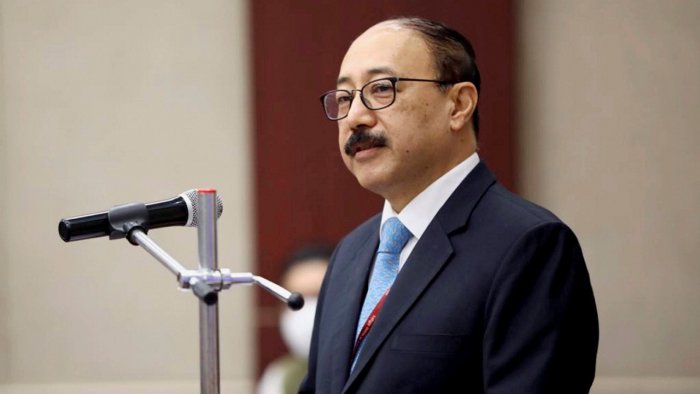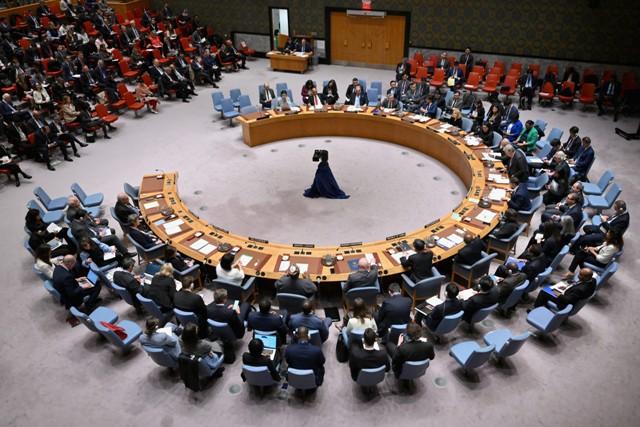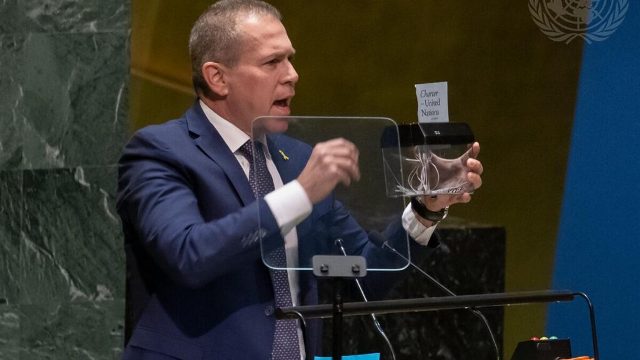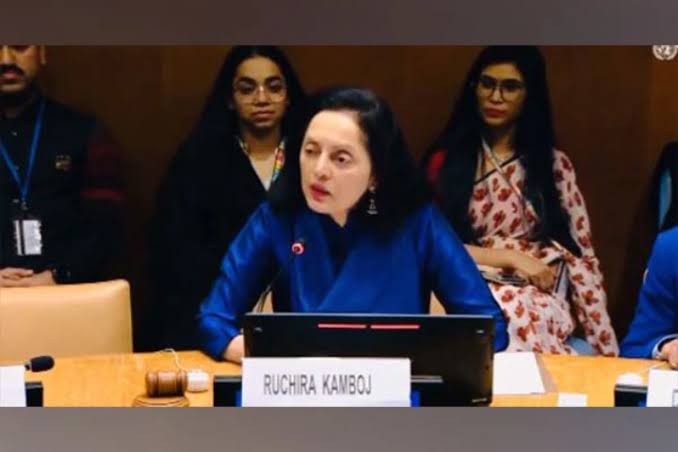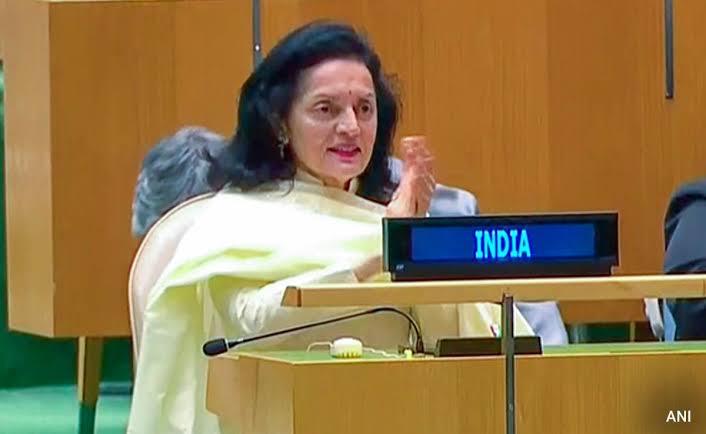New Delhi: In a major leap, India has secured 10th rank in the Global Cybersecurity Index conducted by the United Nations, jumping 37 places from its previous ranking at 47.
The United States topped the lists, following the United Kingdom, Saudi Arabia, Estonia, Korea, Singapore, Spain, Russia, UAE, Japan.
China is ranked 33, while Pakistan finds itself at the 79th spot.
“Many countries are making progress in their commitments to responding to cybersecurity challenges, despite opportunistic actors that have taken advantage of our desire for information, our fears about the pandemic, shift to working from home and remote learning, dependence on healthcare systems, and more,” the 4th International Telecommunication Union report, which was released on Tuesday, said.
“We hope it will also help address the growing cyber capacity gap between developed and developing countries by fostering knowledge, upskilling, and building competencies,” it said.
As India is fighting the battle on many fronts against terrorists, cyberspace terrorists pose an imminent threat. Speaking at the United Nations Security Council (UNSC) on Tuesday, Foreign Secretary Harshvardhan Shringla highlighted the concerns regarding State and non-state actors using their cyberspace expertise to fuel cross-border terrorism. Shringla said they are manipulating ICT (Information and Communications Technology) products.\
“Some States are leveraging their expertise in cyberspace to achieve their political and security-related objectives and indulge in contemporary forms of cross-border terrorism,” said Shringla, as he was addressing the UNSC debate on “Maintenance of International Peace and Security: Cyber Security.” He also used the platform to list down the challenges for Internet networks worldwide.
India on Tuesday tacitly hit out at China and told the United Nations Security Council.
The Ministry of Power of the Government of India stated that it had been warned by the National Critical Information Infrastructure Protection Centre (NCIIPC) on February 12 about the threat posed by China’s state-sponsored Red Echo group targeting power sector of India, particularly Regional Load Dispatch Centres (RLDCs) along with State Load Dispatch Centres (SLDCs) through a malware called Shadow Pad.
The Foreign Secretary said that cyberattacks by other nations sometimes disrupted social harmony through radicalisation. “Open societies have been particularly vulnerable to cyberattacks and disinformation campaigns,” he said, virtually addressing the UNSC.


